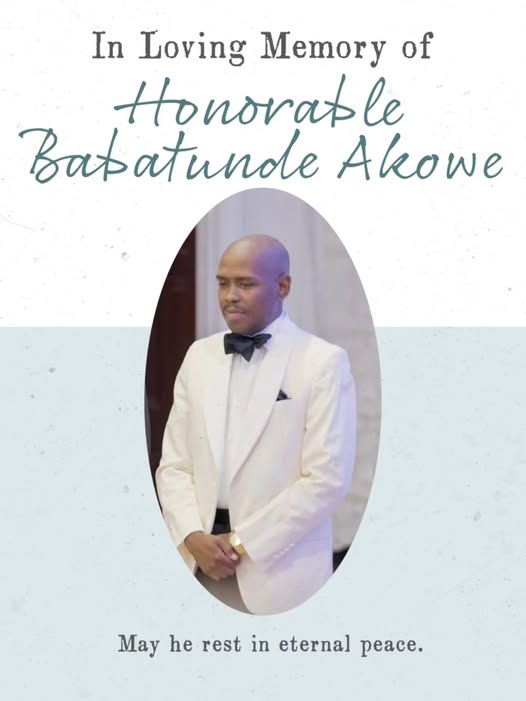The Brooklyn community is grieving the loss of Judge Babatunde Akowe, a widely respected public servant, community advocate, and dedicated member of the Big Apple Leadership Academy for the Arts (BALAA) Advisory Board. His influence stretched far beyond the courtroom, touching lives in classrooms, community centers, and across the city he served with remarkable humility and purpose.
BALAA announced the news with a heartfelt tribute, honoring Judge Akowe as more than a board member. He was, they wrote, “a champion for our youth, a steadfast supporter of our mission, and a brilliant example of servant leadership.” His involvement in the organization was rooted in a deep belief in the power of mentorship and the responsibility of lifting the next generation toward opportunity. His guidance, wisdom, and generosity shaped programs, encouraged students, and strengthened BALAA’s mission to empower young people through the arts.
“We extend our condolences to his family, friends, colleagues, and all who loved him,” the organization shared. “His legacy will live on in the countless young people empowered through his advocacy.”
Across Brooklyn, memories of Judge Akowe are being shared by those who admired not only his accomplishments, but his character. Community advocate Olanike Alabi reflected on her personal experiences with him, recalling his warmth, insight, and unfailing gratitude.
Seeing him at the hospital two weeks earlier had been difficult, she shared, and the emotions of that moment stayed with her. One cherished memory that resurfaced was the day Judge Akowe surprised her at Peaches Grand in Clinton Hill—an unexpected gesture that captured the genuine kindness he was known for. “Many candidates reach out when they need help, but you, Baba, never forgot how to say thank you,” she wrote. “You insisted on expressing your gratitude for your ascension to the bench.”
Judge Akowe’s rise reflected his relentless work ethic and the support of his extended community, including his political family at VIDA. His commitment to justice, fairness, and community welfare earned him respect among peers across the borough. Alabi fondly recalled their conversations during G-train commutes years ago, conversations that revealed his sharp understanding of social justice issues and his sincere desire to create change. She also remembered the story he shared about receiving guidance from attorney Kenneth Montgomery, whose early mentorship helped shape his path toward the judiciary.
Friends and colleagues say Judge Akowe embodied authenticity—someone who showed up, listened, uplifted, and offered wisdom freely. He carried his responsibilities lightly but took them seriously, never losing sight of the people he served or the values he stood for.
As the community reflects on his life, prayers and support are being extended to his wife, Lauren, their daughters, and his extended family. Judge Akowe’s imprint remains visible in the institutions he strengthened, the young people he inspired, and the many New Yorkers whose lives were made better by his presence.
He was, as many have said, “the real deal”—a leader whose legacy will continue to echo throughout Brooklyn for years to come.
